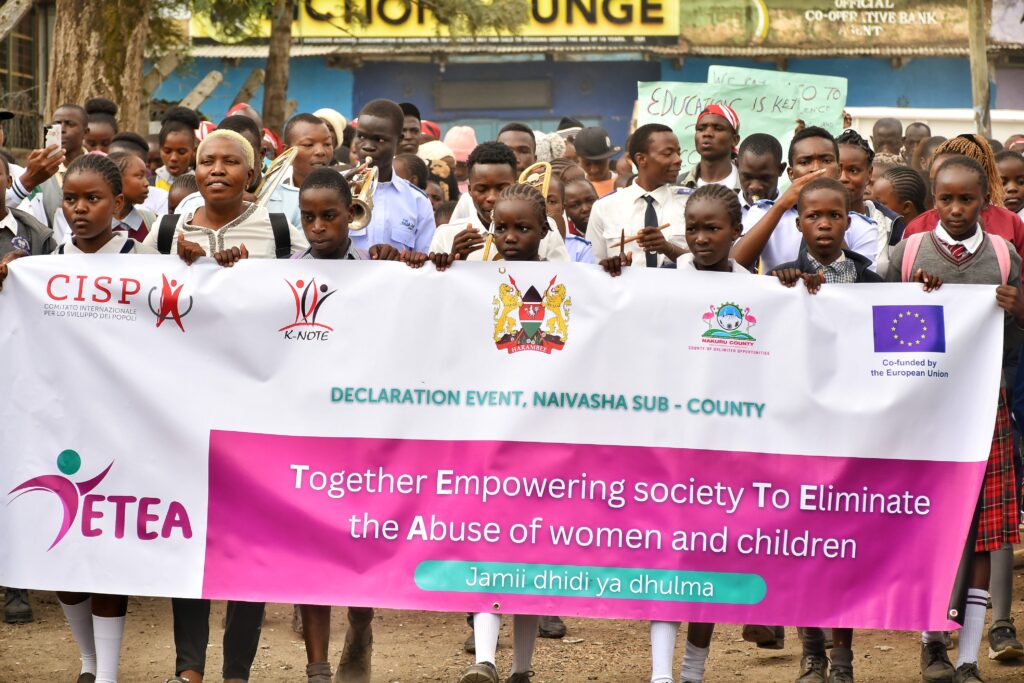Justice
The judiciary has expressed concern over the increasing number of criminal cases involving children in Naivasha, prompting efforts to expedite the resolution of these matters.
Principal Magistrate Juliana Ndegenye, head of the Naivasha children’s courts, reported a sharp rise in cases involving children in conflict with the law over the last few months. From June 2023 to July 2024, the Naivasha court registered a total of 220 cases involving children, of which 170 have been heard.
Furthermore, from July to November this year, 112 cases were registered, with 59 of those completed while in November alone, 88 criminal cases and 24 civil matters have been filed. Ndegenye announced that the judiciary has designated November as a special month to expedite the hearing and determination of these cases to ensure timely justice.
She urged parents to protect their children despite the current economic hardships, which have led some children to resort to manual labour to support their families, increasing vulnerability to exploitation. The magistrate noted that Kihoto, Karagita, and KCC informal settlements have seen significant incidents where youths are seeking sexual favours from minors.
Additionally, she highlighted issues in Mai Mahiu, including femicide and trafficking for sexual exploitation, which may be linked to the trucking business in the area. Ndegenye emphasized that many of these cases arise because children are left unattended by parents or guardians, exposing them to potential harm.

Children take part in a sensitization exercise organized by various partners seeking to curb the abuse of children and women at Karagita informal settlement in Naivasha during the marking of Judiciary Children’s Month commemorated in November.
She called for additional courts in the Gilgil and Mai Mahiu areas and more judicial officers to help manage the growing number of cases. “The Judiciary Children Month for November aims to raise awareness about children-related issues and promote justice in various courts across the country,” said Ndegenye.
One major challenge in resolving child cases, according to the magistrate, is interference by child protectors who often avoid the legal system. “People must report issues affecting children to the authorities to ensure that perpetrators face the full force of the law,” Ndegenye stated.
Sylvester Wafula from KNote, a non-governmental organization, mentioned that children’s rights clubs have been established in Naivasha and Gilgil primary schools, providing children with a platform to express concerns about issues affecting them.
He added that youth groups, community dialogue groups, and ‘nyumba kumi’ initiatives have been instrumental in raising awareness about child abuse in the community. Wafula also noted that reporting abuses has been hindered by uncooperative parents due to a lack of awareness and inadequate reporting channels, often compounded by insufficient resources for those responsible for protecting children.
Masese Kennedy, Chair of the Law Society of Kenya (LSK) in Naivasha, assured that cases involving children are given priority in the courts on first come basis to render justice to the minors. He mentioned that LSK has also provided free legal services to children from low-income backgrounds and continues to engage with the judiciary to establish more courts, including mobile courts in Gilgil and Mai Mahiu, to better serve those in need.
“More funding is necessary to support the judiciary and implement the establishment of additional courts, so citizens can access legal services promptly,” Masese added. He also noted that thanks to engagement with the judiciary, no fees are currently required for filing children’s matters, alleviating financial burdens for many parents and guardians.